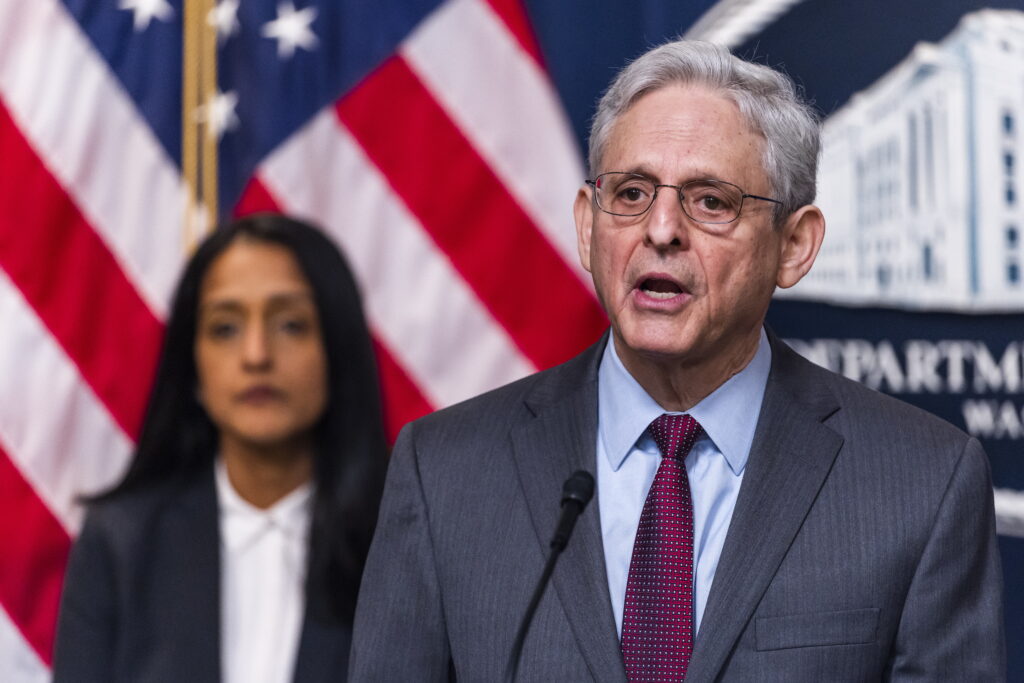الجمعة، مارس 24 مارس 2023

Swiss banks Credit Suisse (CS) and UBS may have helped Russian oligarchs evade sanctions, according to an investigation recently announced by the U.S. Department of Justice (DOJ).
Since Russia invaded Ukraine a year ago, the Swiss federal government has mirrored nearly all the EU-imposed sanctions on Russia – from freezing assets and bank accounts to cutting off Russian businesses and exports. Swiss banks are required by law to report deposits of both sanctioned and non-sanctioned Russians who hold 100,000 CHF or more to the State Secretariat for Economic Affairs (SECO).
SECO reported late last year that the sanctions have affected about 7,500 business relationships and a total of CHF46.1 billion with connections to Russia. Additionally, Switzerland has seized 15 properties.
In February, CS revealed that it has about CHF17.6 billion in frozen Russian assets – more than one-third of all Russian assets in Switzerland. CS has long catered to wealthy Russian, at one point managing more than CHF55 billion for Russian clients. At its peak, Russian clients generated more than CHF500 million in revenue for CS. (Read more: Are sanctions to blame for CS’s downfall?)
There are CHF6.9 billion in frozen Russian assets at UBS; the bank is about twice the size of CS. The share of UBS’s Russian funds amounts to 0.3% of invested assets in Global Wealth Management, according to a UBS spokeswoman.

The DOJ sent subpoenas to employees from UBS, CS, and other Swiss banks in the days before the dramatic UBS takeover of CS. Late Thursday, the DOJ sent more subpoenas to employees of some major U.S. banks, according to Bloomberg News. (اقرأ المزيد: The fallout from the UBS-CS merger).
DOJ investigators are trying to identify which bank employees worked directly with sanctioned Russian clients and how diligently those employees examined their clients. Employees involved may be subject to further scrutiny from the DOJ to determine if they broke any laws.
If found guilty, the banks could face hefty fines.
In 2014, BNP Paribas was found guilty of processing transactions for sanctioned Iranian, Cuban and Sudanese groups. The bank was fined $9 billion. In 2019, the DOJ found a Standard Chartered Bank employee guilty of conspiring to breach U.S. sanctions on Iran – the bank agreed to pay $1 billion to settle. In October, U.K. businessman Graham Bonham-Carter was arrested on charges that he transferred $1 million for sanctioned Russian Oleg Deripaska. In January, a former FBI agent was also charged with helping Deripaska evade sanctions.
“Corporate crime and national security are overlapping to a degree never seen before, and the department is retooling to meet that challenge,” U.S. Deputy Attorney General Lisa Monaco said in a statement earlier this month. She added that her department was strengthening its national security division which enforces sanction abuses.
Since the announcement that UBS would purchase CS for CHF3 billion, UBS has voiced concerns over also taking on CS’s legal liabilities. So far, CS and UBS have declined to comment on the investigation.
يمكن مشاركة هذه المقالة وإعادة طباعتها مجاناً، شريطة أن تكون مرتبطة بشكل بارز بالمقالة الأصلية.
